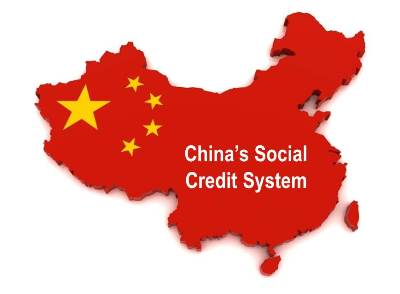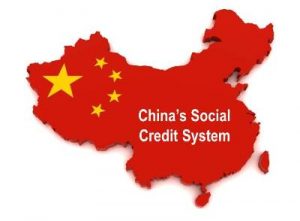- Social Credit System Awareness
- Unified Social Credit Code System
- Industrial Credit system is Making Progress
- Enterprise Credit Management System becoming a Common Practice
The Global Times reports that currently, in the Chinese society, the lack of credibility is still a very serious issue, which is an objective fact that we must face up to. At the same time, we should also recognize the progress and achievements in construction of credit systems. In fact, our country has already made some important and positive progress in credit building over the years.
First, the whole of society has reached a high degree of awareness of the need to establish and improve the social credit system. After 10 years of exploration and practice, China’s social credit system is regarded as the basic system for a socialist market economy and an effective economic governance mechanism. From the leaders to the general public, the whole of society now attaches importance to social credit construction. Currently the level of national emphasis on the credit system is unprecedented. The government has adopted the national social credit system construction plan; it has also introduced five State-level documents on credibility construction within the last year, and has basically finished the top-down design of the social credit system.
Second, some great progress has been made in basic key areas. Various levels of government have done a lot of work in the construction of the credit system, especially after the introduction of the layout plan in 2014. Our country has established a unified social credit code system, as a basis for corporate and individual credit records in different departments and regions to be shared in the future. Meanwhile, the private sector has also established a corporate credit information publicity system, as well as a joint punishment system to curb dishonesty and a joint encouragement system to reward honesty. On the whole, there has emerged a basic system. Although these systems are still under constant exploration, the effects have already been shown. For instance, under the joint punishment system for dishonesty, once someone is on the blacklist, they will not be able to take high-speed trains or make plane journeys. Given this inconvenience, 10 percent of people on the list started to pay back the money they owed spontaneously. This shows the system is starting to work.
Third, the industrial credit system is also making steady progress. With help from the Ministry of Commerce and other departments, the majority of China’s State-level trade associations and other self-disciplined organizations are starting to evaluate the credit of the member enterprises and to construct the credit system. This has massively improved industrial credit governance.
Fourth, the enterprise credit management system is increasingly complete. Many companies are beginning to establish a credit management system, covering compliance, recruitment, customer management, contract performance and credit commitments. With more and more external restraint on corporate credit, it would be very inconvenient for the companies not to establish a credit system. Meanwhile, in order to adapt to the development of the credit economy, enterprises also need to establish credit risk systems to prevent credit risks.
Source: Global Times























